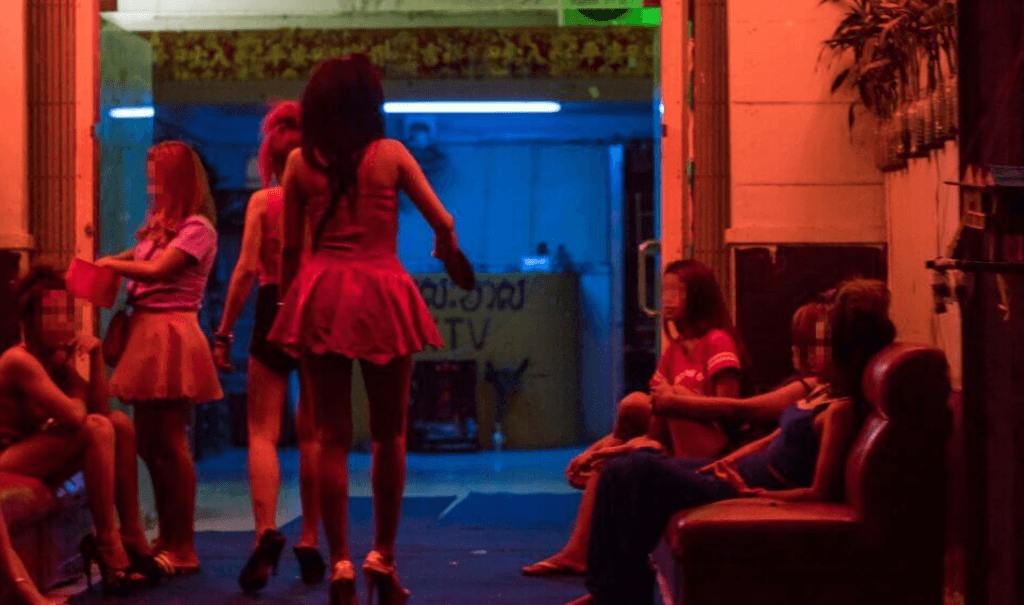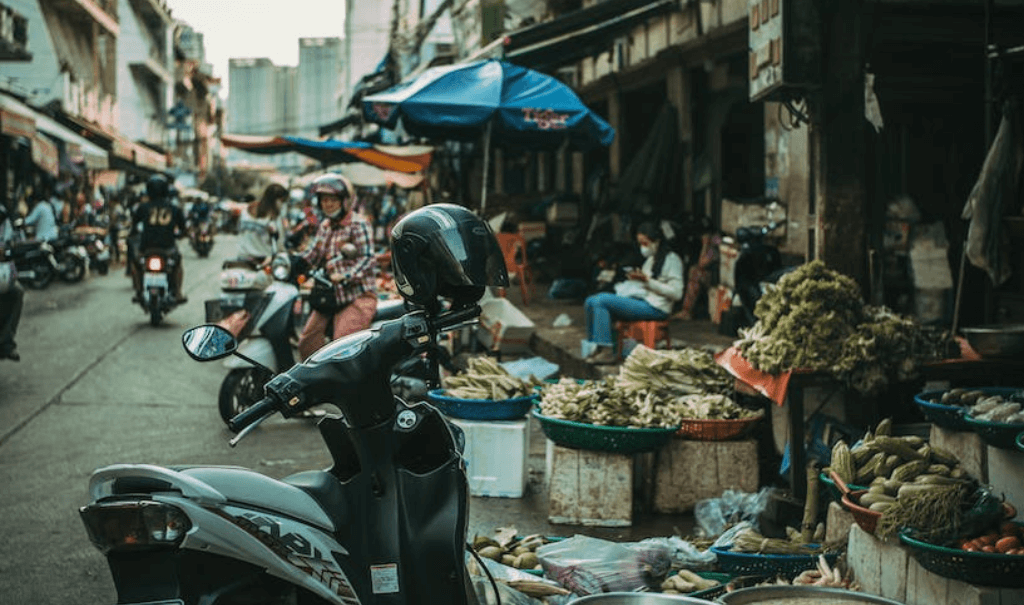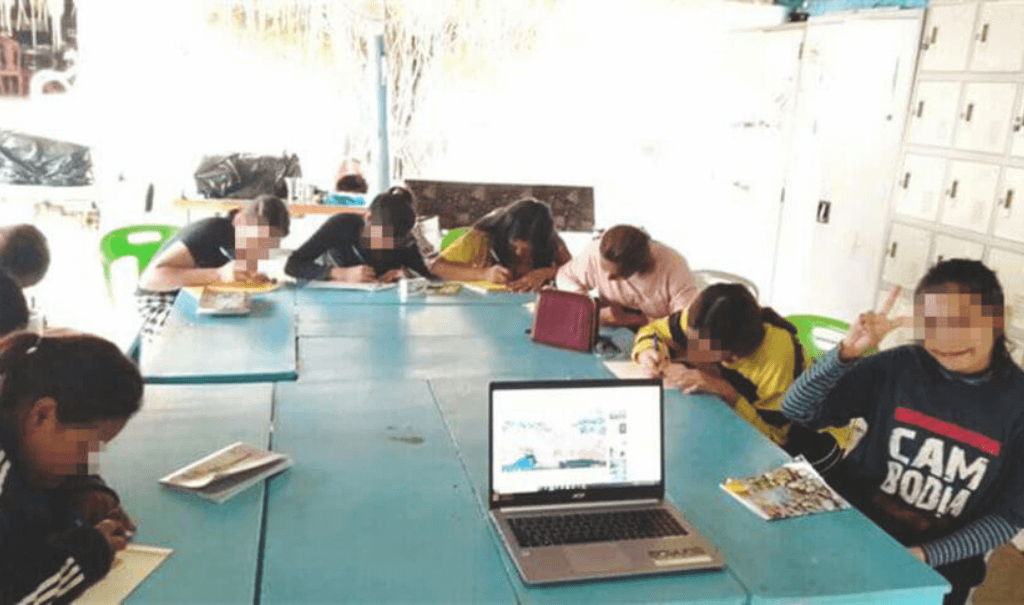In Cambodia, Destiny Rescue (an organisation whose work in Thailand, Nepal, Cambodia and the Philippines Child Rescue helps fund) agents canvass red-light districts to search beer gardens and karaoke bars for underage girls employed as hostesses. These young women, often forced into the work just to survive, can be “rented” by the guests for “company” during their stay. While some of the bars stop there, many are fronts for brothels. Girls are brought out and displayed for customers to choose from, or are listed on the menu of offerings with different price tiers for varying activities.
Sophea, a 17-year-old high school student and her little sister, Maly, were among these girls displayed as products for purchase. The girls worked long hours at night in a local karaoke bar to support their family and pay for school.

When Destiny Rescue agents first contacted Sophea, she was reluctant to leave the bar. It was a life she understood, and the money she made there was vital in supporting her family.
For weeks, the agents repeatedly returned, trying to convince Sophea and her sister to leave the bar and join Destiny Rescue’s community care program. Time and again, Sophea and Maly refused the offer, unwilling to let go of a stable source of income. The operatives began to wonder if they’d ever get through to the sisters.
She wanted out
Then one day, Destiny Rescue staff received a phone call from Sophea. She was starting to see how her job was having a negative impact on her life. The late nights spent working at the bar, followed by early mornings attending school, had left her habitually exhausted. One failed exam after another made her question her former justification that the bar helped pay for school. That’s when she called Destiny Rescue–she wanted out.
Agents acted immediately, pulling Sophea out of the bar and starting her rehabilitation. The results were almost instant: her grades bounced back as she healed and her quality of life improved. But that wasn’t enough for Sophea–her little sister still worked at the bar.

Sophea tried, again and again, to get Maly to leave the bar, but she was too entrenched to make the jump. Three months later, impressed with her elder daughter’s new life, their mother joined Sophea in pleading for Maly to leave the work. Finally, Maly made the leap and joined her sister in freedom.
A shining example
As the sisters’ lives improved, they became ambassadors for rescue, reaching out to other girls they’d known in karaoke bars and beer gardens. Soon, two more of their friends were rescued and enrolled in Destiny Rescue’s community care program. For young ladies who cannot imagine a way out, just seeing a couple of their peers who have escaped a life of abuse can be a dramatic turning point. Once they realise that others have transitioned out of exploitation, hope blooms in their hearts, and they’re emboldened to take the first step toward freedom.

These two brave sisters made a unique transition. They began as victims, just as the thousands of other girls forced into sex work in the red-light districts of Southeast Asian cities and around the world. But these brave souls didn’t stop at accepting the call to freedom–they became Freedom Fighters themselves, boldly calling other girls out of the darkness of exploitation and ushering them into the light of freedom.
Your support allows Freedom Fighters like Sophea and Maly to be rescued–and be empowered and equipped to rescue others.
Donate with Confidence
The Child Rescue Charitable Aid Trust is a registered New Zealand charity: CC 50751. An Annual return is filed each year with Charities Services which is a NZ Government organisation under the Department of Internal Affairs. Annual reports to Charities Services can be viewed here. View our Financial Integrity webpage here.
Child Rescue is the New Zealand branch of the Destiny Rescue family, a global network of organisations. Our collective focus is to rescue children from sexual exploitation and human trafficking and support their long-term freedom.

 US & International
US & International Australia
Australia United Kingdom
United Kingdom